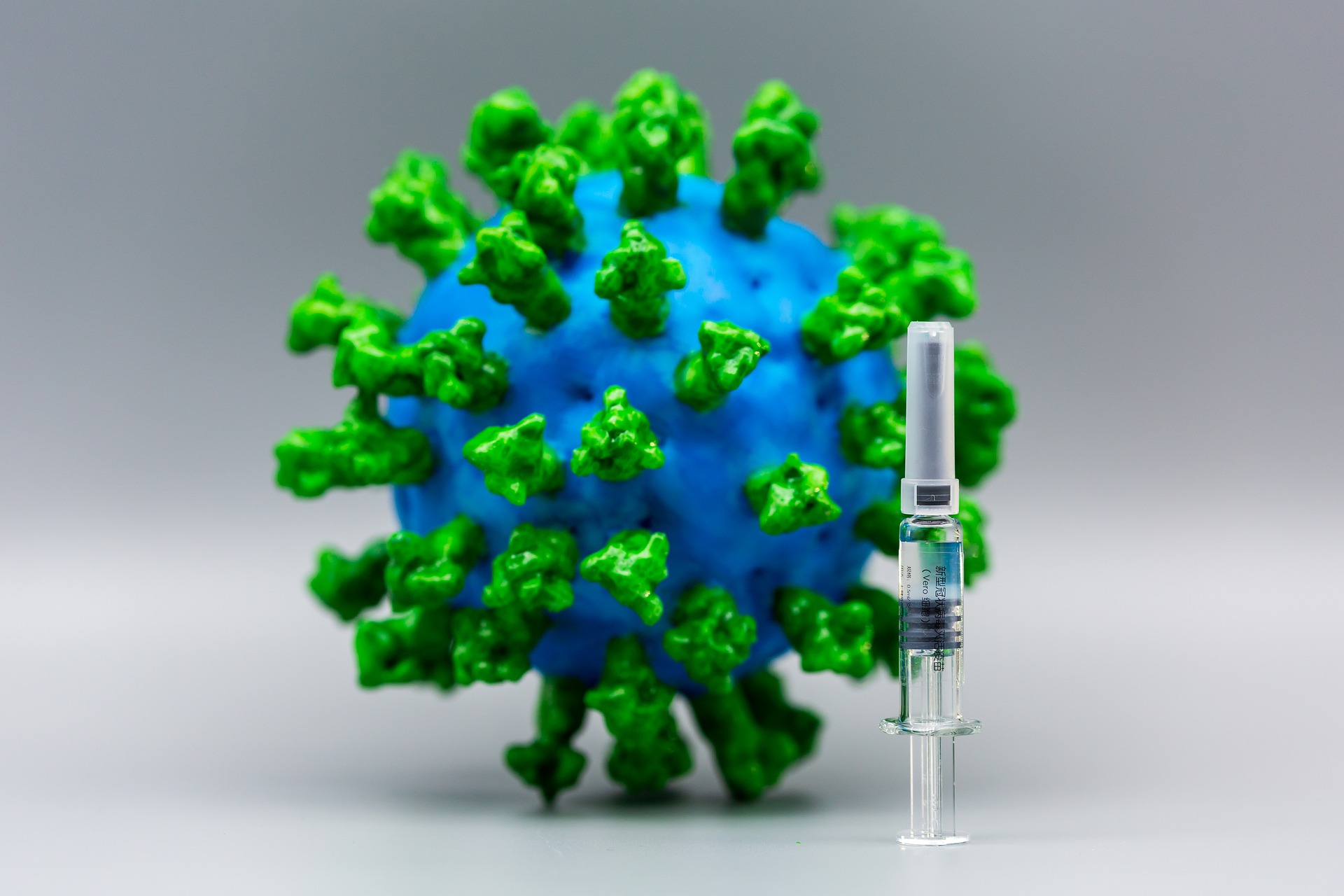Fifty per cent of the people tested during Pune’s first serological survey were found to have developed antibodies against the novel coronavirus. The study was conducted between 20 July and 5 August in five high-incidence administrative wards of Pune.
With this survey, Pune has become fourth Indian city after Delhi, Ahmedabad and Mumbai to report the results of a seroprevalence survey. The survey’s purpose was to detect the presence of immunoglobulin G antibodies to SARS-CoV-2, the virus responsible for COVID-19.
Prevalence of the antibodies, found by the Pune’s survey was higher than any of the three cities’s survey.
Although smaller than the surveys in the other three cities – and somewhat hard to interpret because of choices in the survey design – Pune’s survey nevertheless provides valuable insights into the city’s COVID-19 epidemic.
The participants were aged 18 and over and were chosen from wards where the infection was reportedly prevalent. Four of the five wards are also clustered together, geographically. So it is not clear whether the survey’s results can be considered to be representative of the city as a whole.
As many as 1,664 samples were collected for the survey from across the five wards with a collective population of 3.66 lakh. The study does not include any sample from Pune’s active containment zones, the technical report of the survey said.
“The study indicates that there has been an extensive spread of infection in the five prabhags studied: seroprevalence ranging from 36.1% to 65.4% and it is substantive across all types of dwellings,” the summary report said.
The survey found no substantial difference in spread between men and women. Males who were part of the survey registered a seropositivity of 52.8% while women showed 50.1%. Those above 66 had a lower prevalence of just 39.8%.
The study cautioned that the high seroprevalence is not necessarily an indicator of “population level immune protection”.
Pune has steadily turned into one of India’s Covid hotspots, having overtaken Mumbai in the total number of positive cases. The district, comprising Pune city and rural areas and Pimpri-Chinchwad, has reported 1.3 lakh Covid cases, of which 41,020 are currently active, according to state government statistics dated 17 August.
“Results from the study will be used to plan our future course of action. The lower prevalence in senior citizens is a good sign. It will help us reduce the death rate among this section of the population, which has high comorbidity problems,” said divisional commissioner Saurabh Rao.











